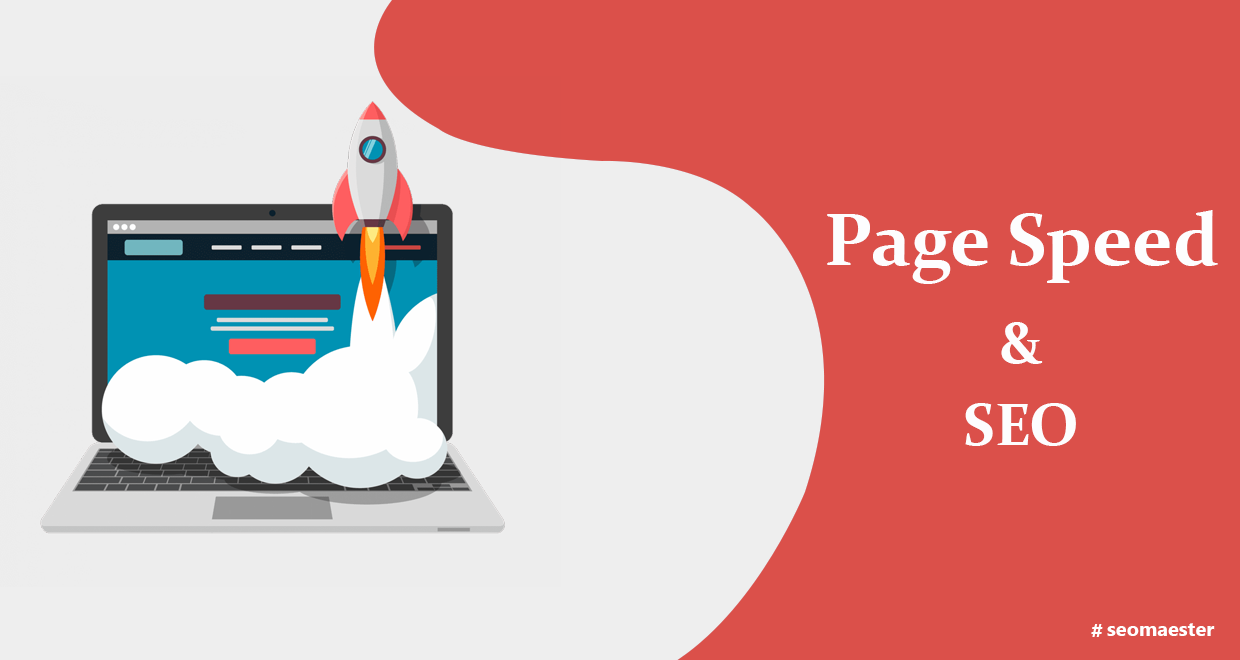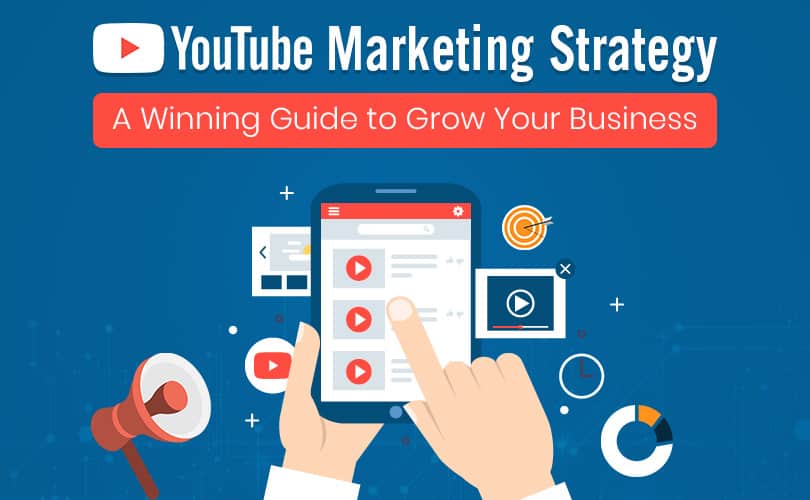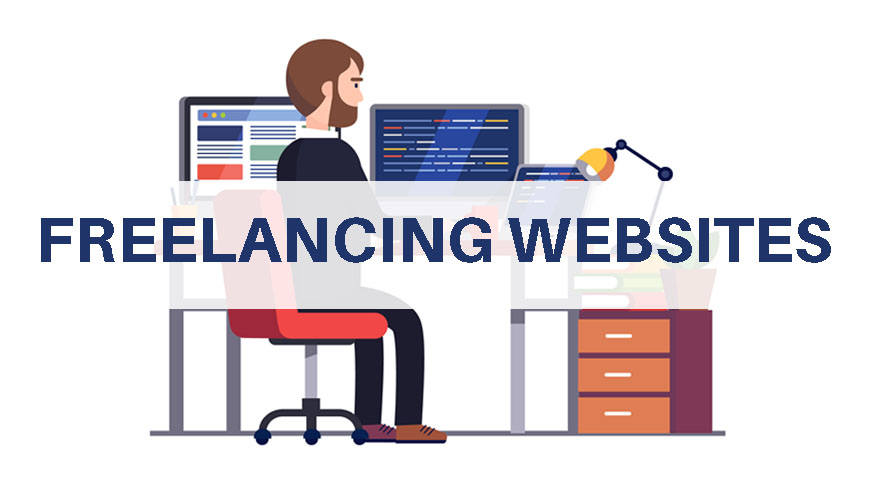Page Speed and SEO: How to Improve it

Page speed has always been a vital part of SEO work and as more companies take that step to online operations, optimization becomes more important than ever before. It’s a complex subject, however, which tends to be very technical.
Issues that could be slowing down your site:
What of the most famous culprits are these?
- Above everything, it is pictured. Big photos are the key reason for the sluggish loading of web pages.
- The hosting will cause problems.
- Plugins, games, and widgets will slow download time essentially for any third-party script as well.
- Your theme and any other big files beyond that can also really slow things down.
- Redirects, it slows down the number of hops required to get to a web page.
- Then Java Script that we’re going to get into in a second.
- Yet it may be a culprit for all this stuff. So, we’ll go through some tools, some of the metrics and what they mean, and then what are some of the ways you can increase your page speed today.
We know Google recommends a website that can be loaded between two and three seconds anywhere. Of course, the quicker the better. Yet that’s sort of where the gamut is. I do strongly recommend that you take it on a strategic view. Bring your rivals in each of these tools and compare your performance goals to what makes your industry competitors. I think that is a good way to go into this kind of stuff.
Lighthouse:
Lighthouse, available in Chrome Dev. Tools right now. You can run a Lighthouse report right in your browser if you are on a web page and you click Inspect Element and open Chrome Dev. Tools, to the far-right tab where it says Audit. It gives you pretty clear examples and changes you can make. A nice thing to learn is it’ll be on the simulated fast 3 G automatically and note that they’re targeting 3 G smartphone subscribers. I like flipping that to add fast 3G since Lighthouse has to do the actual load ride. It takes a little longer but it seems a little more accurate.
Site Speed Metrics:
And what sort of metrics are there? First fulfilling painting is when the first art emerges. It could be part of the nav, or the search bar, or something.
Which time is it to become interactive?
Interactive time is when it’s visually accessible and engaging. So we’ve all gone to a web page and it looks like it’s done, but we’re still not able to access it. It is where this metric begins. And when is this available to the user? Note once again how user-centric all those metrics are. Very, totally clean. The loaded DOM content is when the File is fully loaded and analyzed. And some very interesting ones to keep an eye on, and just be generally aware of.
Some ways to improve your page speed are:
1- HTTP / 2
HTTP/2 will probably speed stuff. As to how much, you have to do some form of study and check that.
2- Link, prefigure, preload
Very interesting and critical in speeding up the web is pre-connected, pre-fetch, and preload. We see on their SERPs that Google is doing this. If you inspect an item, you will see Google pre-fixing some of the URLs so that if you click on any of those links, it will have it for you quicker. You can do this on your web, similarly. It helps load the cycle and speed it up.
3- Enable caching & use a content delivery network (CDN)
Caching is so, so important. Definitely do your research and make sure that’s set up properly. Same with CDNs, so valuable in speeding up a site, but you want to make sure that your CDN is set up properly.
4-Enable caching & use a network for content delivery (CDN)
Caching is that, it is so necessary. Do your homework certainly, and make sure that it is set up properly. Same with CDNs, so good for speeding up a platform, but you want to make sure your CDN is properly set up.
5-Try squeezing assets
You may also use tools to minify. So, it’s very helpful to be aware of what mining, bundling, and compression is doing so that you can have some of the more technical discussions with developers or someone else working on the platform.




3 Comments
[…] Search engine optimization isn’t an exact science; there are many factors that can affect the rankings of a page. So, even though algorithms are used, they aren’t foolproof. For instance, a person could rank high for a keyword that is irrelevant to their business and doesn’t mean anything to the searcher. So although artificial intelligence may seem like a good way to rank better, it can actually harm your search engine rankings if not done right. That’s why there are a lot of questions when someone asks, “What is Artificial Intelligence in SEO? “. […]
[…] great way to maximize LinkedIn for your marketing efforts is to create professional profiles that are readily linked to your company website. Many people who […]
[…] the same or if not I’ll definitely recommend focusing on Technical SEO & User Experience. Improve the page speed, mobile-friendliness, fix broken links and many […]